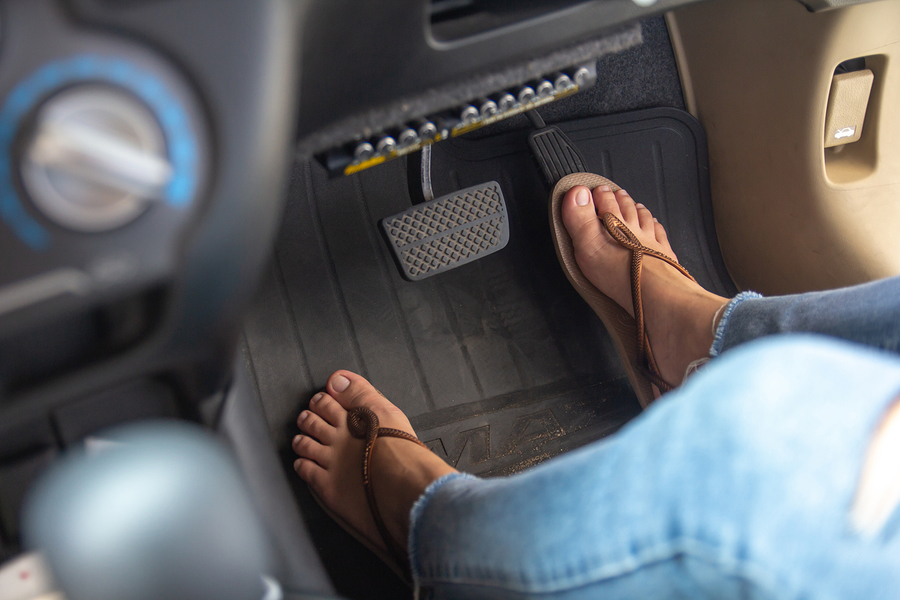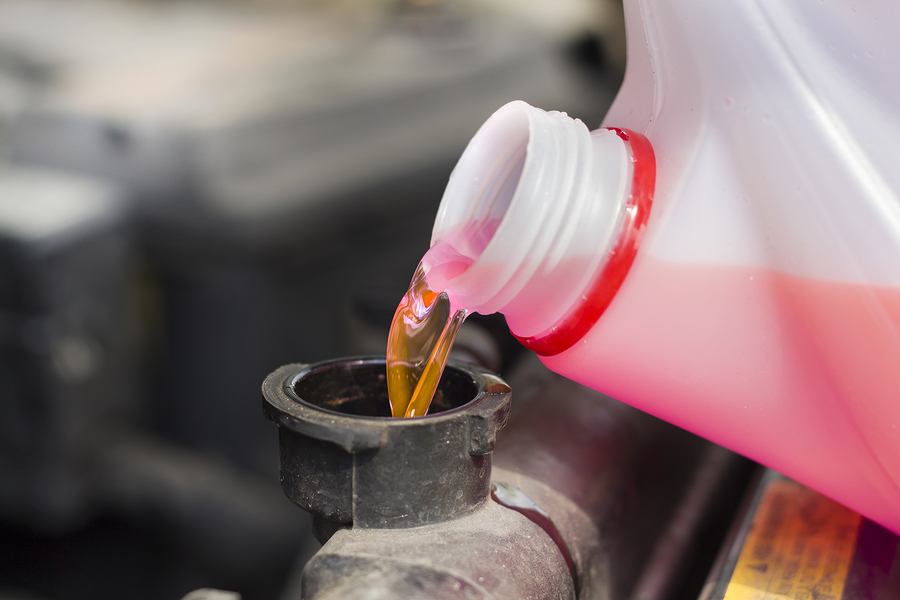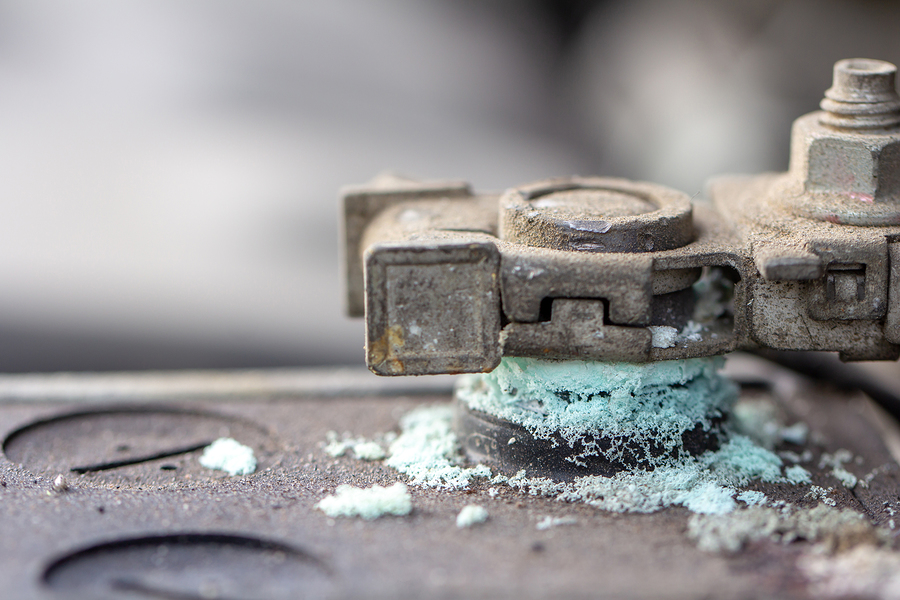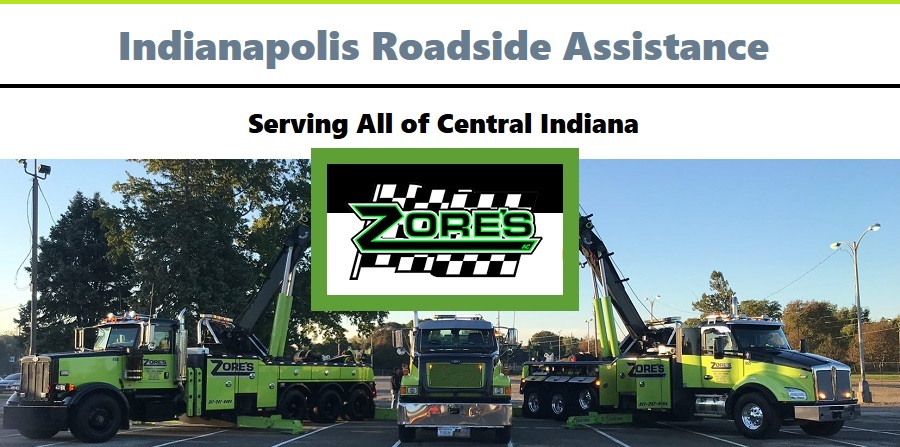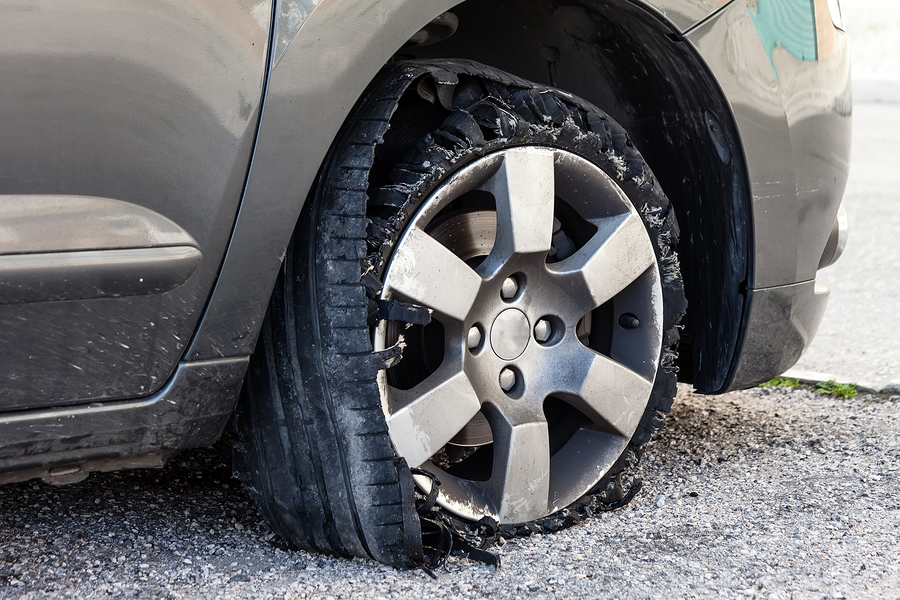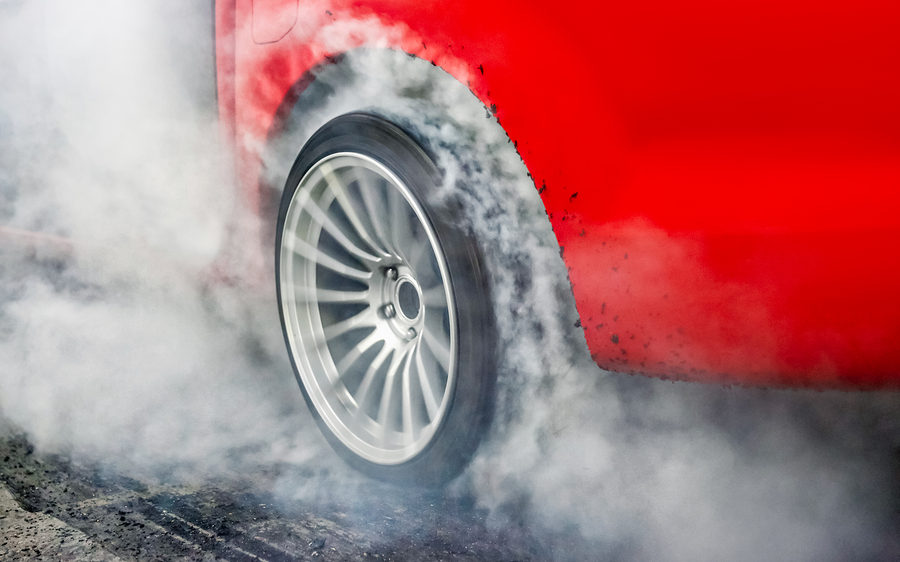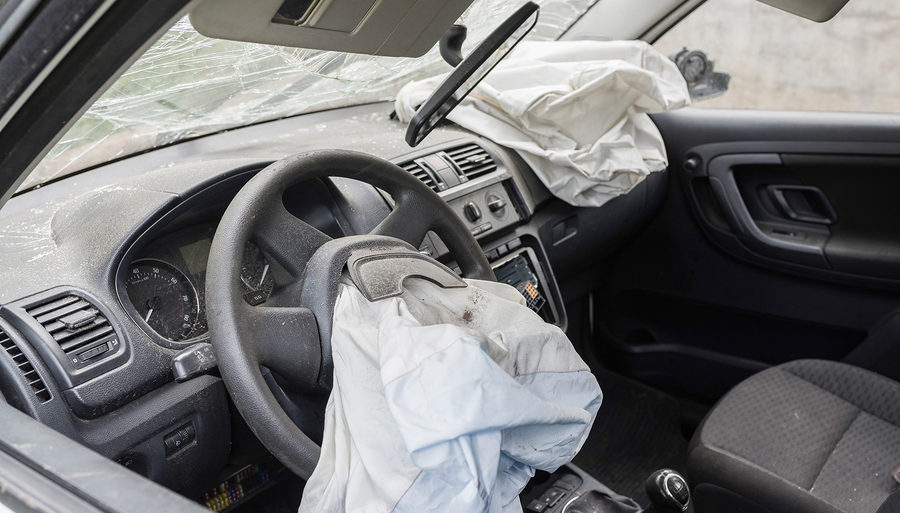Spare tires are somewhat of a mystery to drivers. Although they seem pretty straightforward, there is much to know about them. Whether your vehicle comes equipped with one or not, as a licensed driver, it is your duty to know more about using a spare tire. Continue reading to review some common frequently asked questions about spare tires, and what to do if you are ever stuck on the road without one.
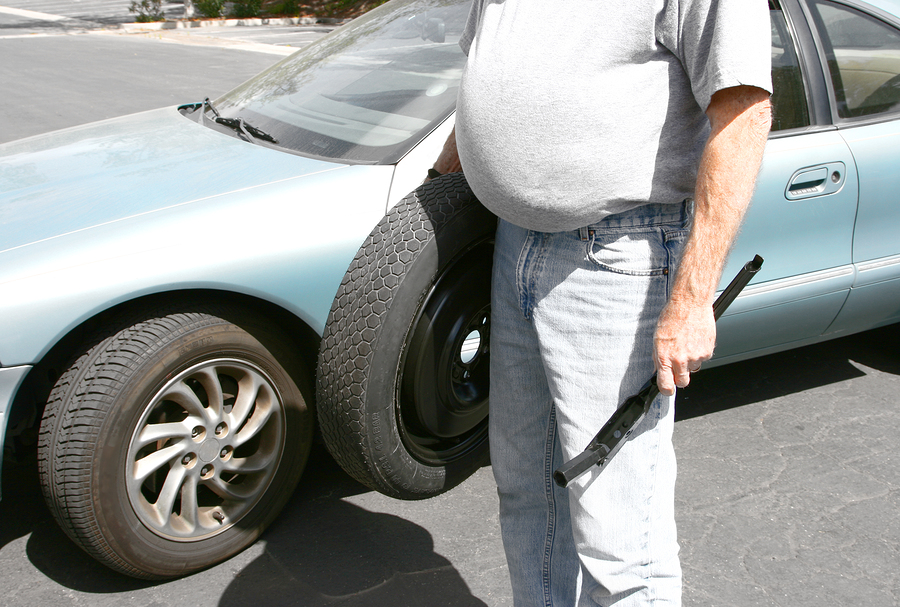
How Do I Drive on a Spare Tire?
Not sure if you are ready to drive with a spare tire on? You are! Just follow these important tips, and you will do just fine:
➛ Plan to drive a short distance, or to the nearest tire shop.
➛ Refer to owners’ manual for instructions.
➛ Always maintain cold tire inflation pressure of 60psi.
➛ Check tire pressure regularly and before each use.
➛ Inspect the tire and tire sidewalls for punctures, nicks, and other damages before each use.
➛ Drive and maneuver carefully.
➛ Never exceed 50 MPH.
➛ Avoid highways, but if you have to, drive in the right lane with hazard lights on.
➛ Keep at least 3 car lengths driving distance between other vehicles.
➛ Store spare tires in the trunk or cabin, or on the outside of the vehicle (SUV’s).
➛ Be sure to learn how to change a flat tire!
➛ Call a local roadside assistance company if you have trouble changing a tire.
How Do I Change a Tire With a Spare?
See our blog, “How to Change a Tire Using a Spare” for a full, step-by-step guide on how to change a tire, including what you should do as soon as you get a flat, and important safety tips.
How Long Can I Safely Drive on a Spare Tire?
Never leave your spare tire on longer than the owners’ manual or manufacturer’s instructions state. This can lead to a whole heap of complications. Spares and donuts are meant to be temporary tires, because in fact, they are temporary tires! They are not as durable as ordinary tires, and weaken at a much faster rate. You see, a standard tire contains layers of steel and polyester fibers beneath the rubber. These layers are called plies and are where the real strength comes from. For space and weight-saving reasons, spares do not contain as many plies as ordinary tires; therefore, they deteriorate quicker.
Why Does My Car Not Come With a Spare Tire?
Modern vehicles are commonly designed and manufactured without spares. This is for a number of reasons, all of which vary among car makers, but mostly to enhance fuel efficiency, create more storage space, create more space for batteries and emissions equipment (in the case of hybrids, etc.), and to decrease manufacturer costs. If your car does not have a spare, it is strongly recommended to buy one.
Are There Different Types of Spare Tires?
There are many types of spare tires, including full-size, compact, and run flats. All full size spares are either matching or non-matching forms. A matching full size spare is one that is identical to the other tires on a vehicle. And a non-matching spare is not identical. Also known as “donuts”, compact spare tires are the most frequently used spare for small to mid-sized vehicles. This is because they deliver the best balance in terms of function and size. Some vehicles are manufactured with a sort-of “built-in” spare tire system, known as run flat tires. Run flats contain reinforced tire walls that allow a vehicle to continue driving without using any tire pressure.
Are There Any Alternatives to Using a Spare Tire?
There are three common alternatives to having a spare on hand. These are run flats, as mentioned above, as well as, self-sealing tires and tire inflator kits. Tire inflator kits usually involve a type of aerosol seal kit that provides a temporary resolution for minor tire tread punctures. There are several brands of tire inflator kits on the market, all ranging in price between $20 and $200 depending on quality. You can also purchase self-sealing tires, which are designed with a built-in lining, coated in a special sealant that automatically begins to surround the hole.
Flat Tire Roadside Assistance in Indianapolis and Central Indiana
Call Zore’s Inc. at 317-247-8484 for friendly 24 hour roadside assistance and towing in Indiana. We open a family-owned and operated business for 90 years, so you can trust us for prompt and professional service. We are open 24 hours a day, seven days a week, and 365 days a year, so our certified tow truck operators can be there for you anytime, any day! Request free estimates, anytime.



